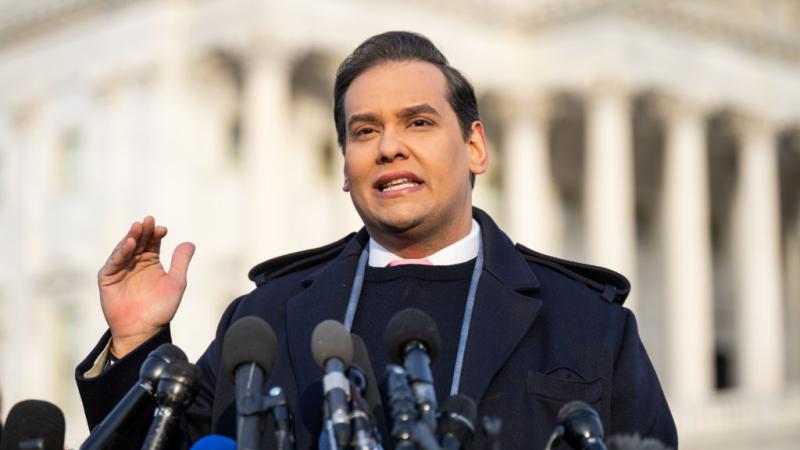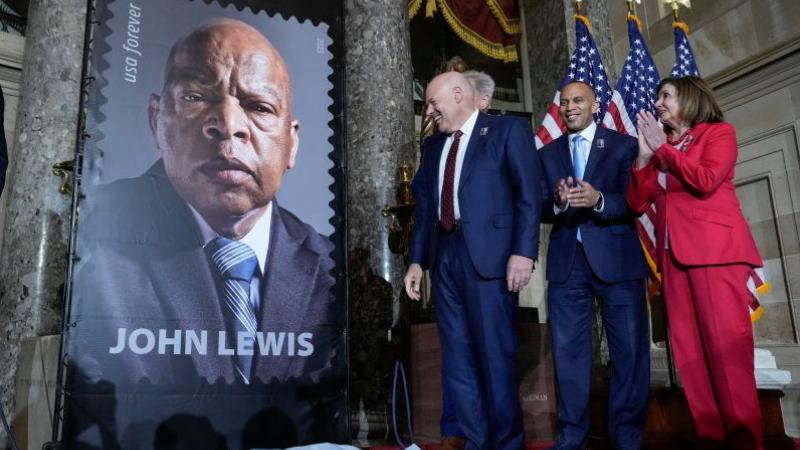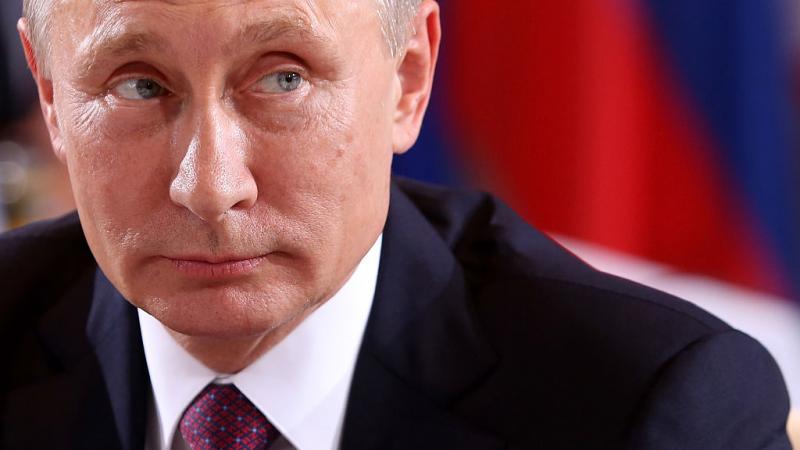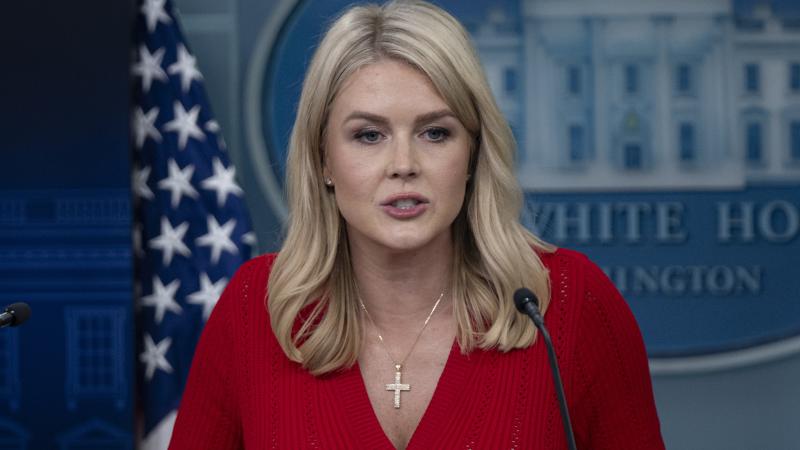In oral arguments, justices seem to lean toward fired football coach in praying on field case
A central issue the justices focused on was the school district's changing rationale for firing Coach Joe Kennedy.
The Supreme Court's conservative majority appeared open Monday to arguments by attorneys for the Washington state high school football coach fired for praying on the field after games who said their client never demanded his players participate.
Paul Clement, the lawyer representing the former coach and retired Marine, Joe Kennedy, argued that his client did not force anyone to join his 15-second prayers at the 50-yard line following football games. Instead, when players asked Kennedy if they could join him, he said that it was a free country and they could do what they want.
When questioned by justices, Clement said that Bremerton High School, where Kennedy was employed, is arguing that he coerced players to join his prayers, whereas their initial rationale for firing him was that the school could be perceived as endorsing a religion.
During oral arguments, Richard Katskee, the lawyer for the Bremerton School District, made the coercion argument, adding that the school was allowed to require that employees refrain from praying in public if it was likely that students would feel coerced to join, The New York Times reported.
When questioning Katskee, the conservative justices suggested that the coercion argument was a later rationalization that differed from the school district’s original concern of endorsing religion.
The justices on the high court, considered to have a 6-3 conservative majority, asked the lawyers numerous hypothetical questions, according to the Times.
Chief Justice John Roberts asked whether Kennedy would have been permitted to pray aloud with outstretched arms. And Justice Samuel Alito, a Bush appointee, queried whether Kennedy would have faced discipline for protesting racial injustice, climate change or the invasion of Ukraine.
Justice Stephen Breyer, Democrat-appointee retiring from the Supreme Court at the end of this year's term, said, "This may be a case about the facts and not really much about the law."
In the Supreme Court's 2018 denial of Kennedy's request to continue coaching, Justices Alito, Clarence Thomas, Neil Gorsuch and Brett Kavanaugh, all considered conservative leaning, issued a statement of concern regarding the interpretation of public school teachers' First Amendment rights by the lower courts and the school district.
Liberty Counsel, which filed a friend of the court brief in favor of Kennedy, said in a press release that the constitutional issues the Supreme Court focused on were "Whether a public school employee who says a brief, quiet prayer by himself while at school and visible to students is engaged in government speech that lacks any First Amendment protection; and whether, assuming that such religious expression is private and protected by the free speech and free exercise clauses, the establishment clause nevertheless compels public schools to prohibit it."
The nonprofit organization also said Kennedy's argument was the Constitution protects the right of public school teachers and their students to pray.
The Bremerton School District, on the other hand, argued that Kennedy's role as a coach causes him to be viewed as a "mentor and role model." Because Kennedy was working as a government employee, his speech was government speech, which is not protected by the First Amendment.














